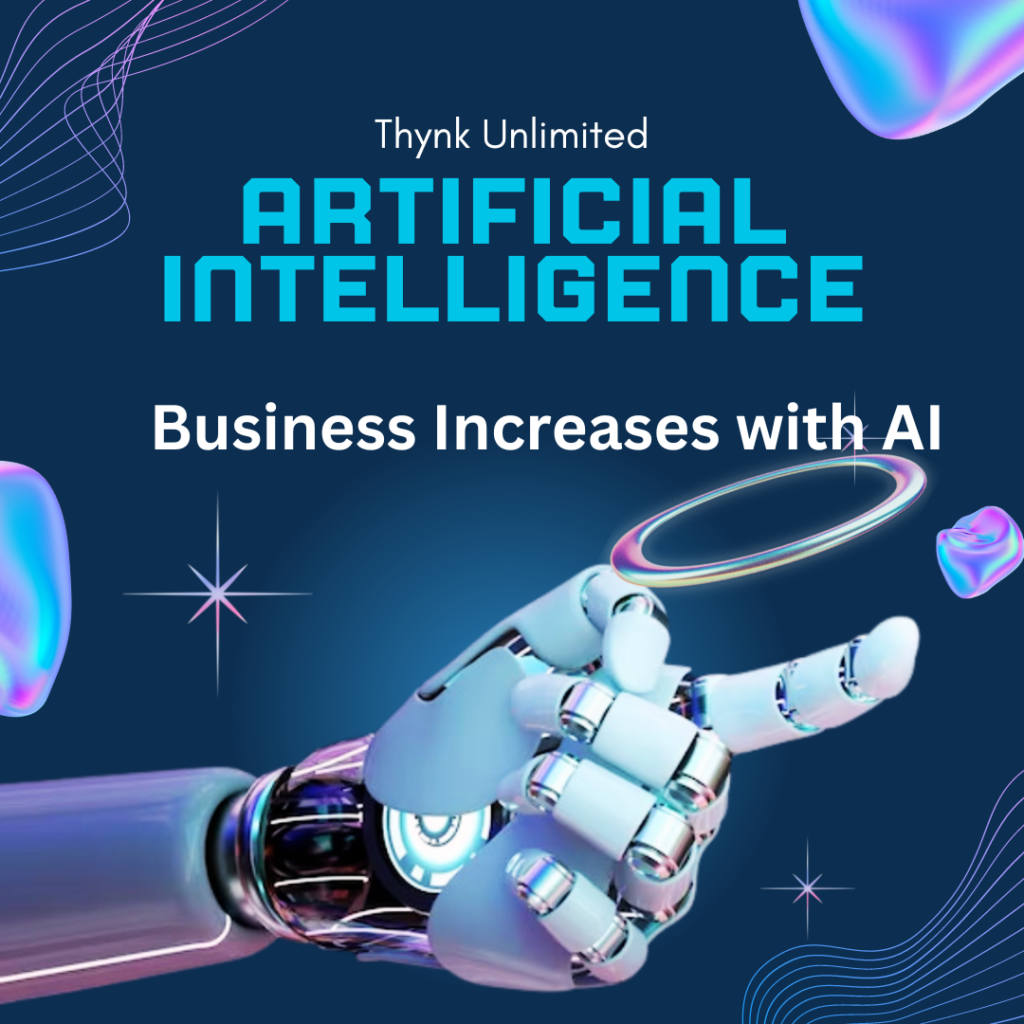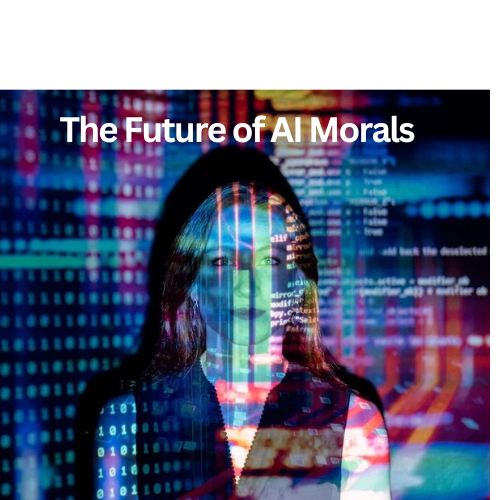Artificial Intelligence (AI) is fast moving our world. As it increases more controlling, requests about the morals of AI are becoming more vital. This blog will travel some of the most chief proper alarms linked to AI. We’ll look at the effect on jobs, privacy, policymaking, and social rights. By thoughtful these matters, we can confirm AI profits everyone.
Principled Concerns in Artificial Intelligence
1. Job Displacement
AI’s facility to program tasks is both a dedication and a profanity. While it can increase production, it may also chief to job losses. Many fear that AI could change social workers, particularly in trades like industrial, selling, and client service.
- Robotics: Gears taking over boring everyday jobs.
- Reskilling: Exercise Labors for new parts.
- Economic Difference: Spreading hole between rich and poor.
The anxiety of job movement is real. But, with suitable scheduling, AI can make new chances in its place of attractive away jobs.
2. Privacy Worries
AI schemes hope on huge volumes of data to resolution. This growth appeals about privacy. How much of our private data is being collected? And who has contact to it?
- Data Group: AI needs data to study and recover.
- Enquiry: Directions and businesses using AI to show people.
- Up-to-date Consent: People should know how their data is being used.
Caring disclosure is vital. AI should be planned to deference persons’ rights. Photograph is key to structure trust.

3. Executive and Bias
AI schemes frequently make selections created on profiles in data. But what if those patterns replicate human biases? AI could support current differences.
- Partiality in Data: AI teaching from incomplete data can make partial selections.
- Transparency: Thoughtful how AI makes choices.
- Fairness: Confirming AI luxuries everyone similarly.
Speaking partiality in AI is important. By helping equality, AI can help make a more just society.
4. Human Rights
AI has the power to effect social rights, both completely and harmfully. It can recover connection to information and health care. But it can also be used for following and control.
- Freedom of Expression: AI can edit or sponsor firm lookouts.
- Right to Privacy: AI’s data use can attack private space.
- Contact to Data: AI can supper or block contact to data.
AI must be ranged with social rights. Decent rules are wanted to guard persons.
5. Responsibility
Who is answerable when AI makes a fault? This request is composite. AI is shaped by persons, but it works helplessly.
- Liability: Defining who is answerable for AI’s travels.
- Regulation: Laws to oversee AI use.
- Decent Design: Making AI with duty in mind.
Clear strategies are needed to confirm AI is used correctly.

The Future of AI Morals
As AI remains to change, so too will the right questions nearby it. We must reflect the suggestions of AI in all parts of life. This contains not just knowledge, but also law, money matters, and society. By meeting on moral AI growth, we can make a coming where AI works for everyone.
Relationship
Beliefs in AI is not just the concern of tech firms. Governments, teachers, and the public must all be complex. Working collected; we can make ethical rules that replicate our shared morals.
Nonstop Learning
AI is regularly knowledge and growing. These incomes that our method to morals must also change. Regular updates to proper rules are important. This will help confirm that AI remains to serve mortality.
Ethical AI Design
AI must be planned with morals in attention from the start. This contains seeing the possible effects on jobs, disclosure, and social rights. By doing this, we can avoid problems before they stand up.
Normally Asked Questions
What are the decent worries related with AI?
AI increases several ethical worries, counting job movement, privacy questions, decision-making biases, and human rights effects. Job movement happens when AI changes human workers, principal to job loss and financial variation. Expose fears arise from AI’s confidence on large totals of data, which can be changed if not suitably achieved. Executive biases can transpire when AI schemes learn from faulty data, important to unfair results. Finally, AI can move social rights, such as independence of attendance and contact to material, if not sensibly controlled.
How can AI be complete more decent?
To make AI more principled, it is vital to motivation on photograph, justice, and responsibility. Photograph contains making AI executive methods reasonable to users. Fairness needs confirming that AI schemes do not support present variations or biases. Responsibility income starting clear plans for who is accountable when AI systems make faults. In addition, moral AI project should reflect possible impressions on jobs, privacy, and human rights from the outset.
What part do governments play in AI ethics?
Governments play a central role in AI beliefs by founding principles and strategies to govern AI use. They can make laws that defend secrecy, avoid job movement, and confirm that AI systems are see-through and fair. Governments can also sponsor ethical AI growth by backing research and supportive partnership between tech concerns, professors, and the public. By attractive an active role, governments can help confirm that AI benefits society as a whole.
Why is speaking partiality in AI important?
Speaking partiality in AI is chief because biased AI systems can support standing variations and create one-sided results. If AI learns from partial data, it may make choices that are one-sided to positive groups of people. This can lead to judgement and continue social variations. By detection and altering biases in AI, we can confirm that these systems pleasure everyone fairly and donate to a more just society.
Decision
The morals of fake intellect are a composite and growing field. AI has the possible to bring about important profits, but it also positions risks. These contain job movement, privacy alarms, decision-making biases, and pressures to human rights. To connect AI’s full possible, it is important to report these decent matters head-on.
By sponsoring photograph, fairness, and responsibility in AI progress, we can confirm that AI serves the joint good. Governments, tech businesses, and the public must cooperate to make moral strategies that replicate our joint values. As AI stays to evolve, so too must our method to its right use. With careful preparation and answerable design, AI can be a power for helpful change in our world.

This article is very Informative for us.
Nice